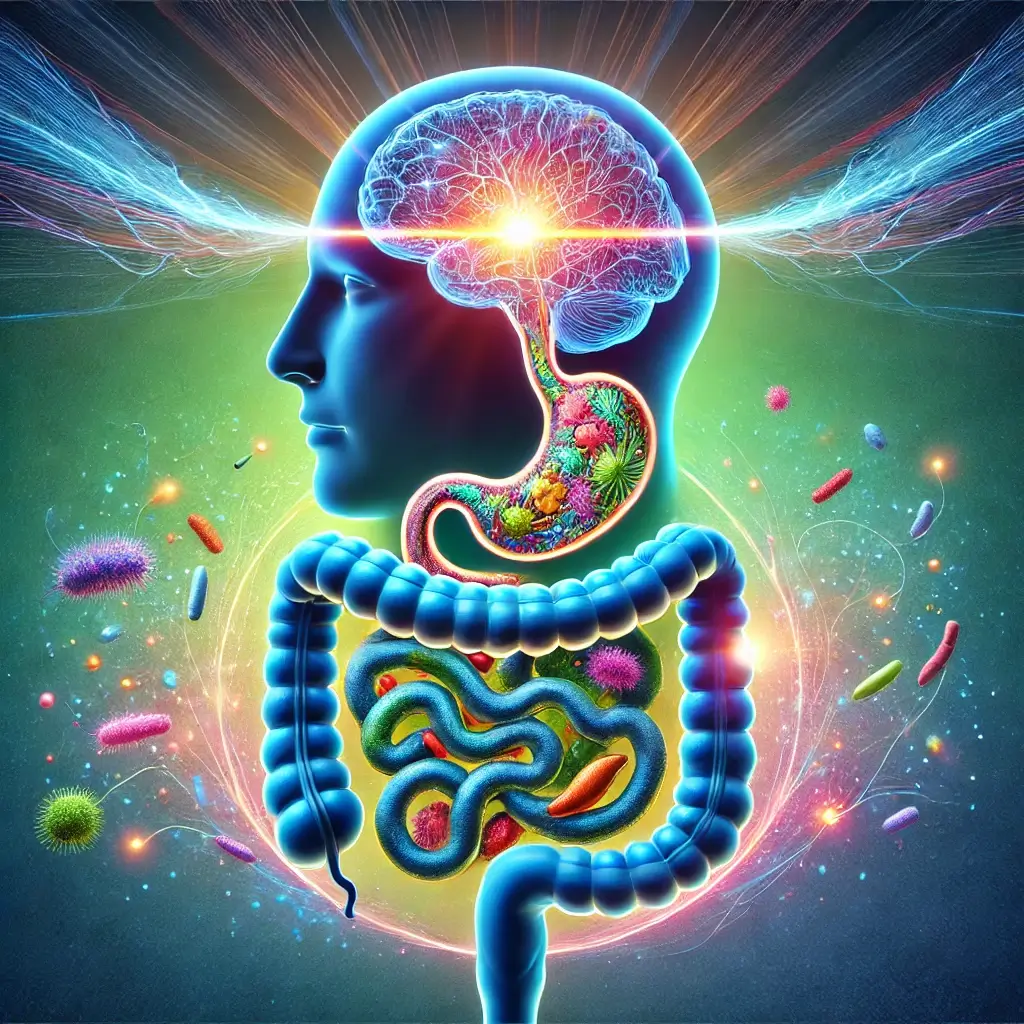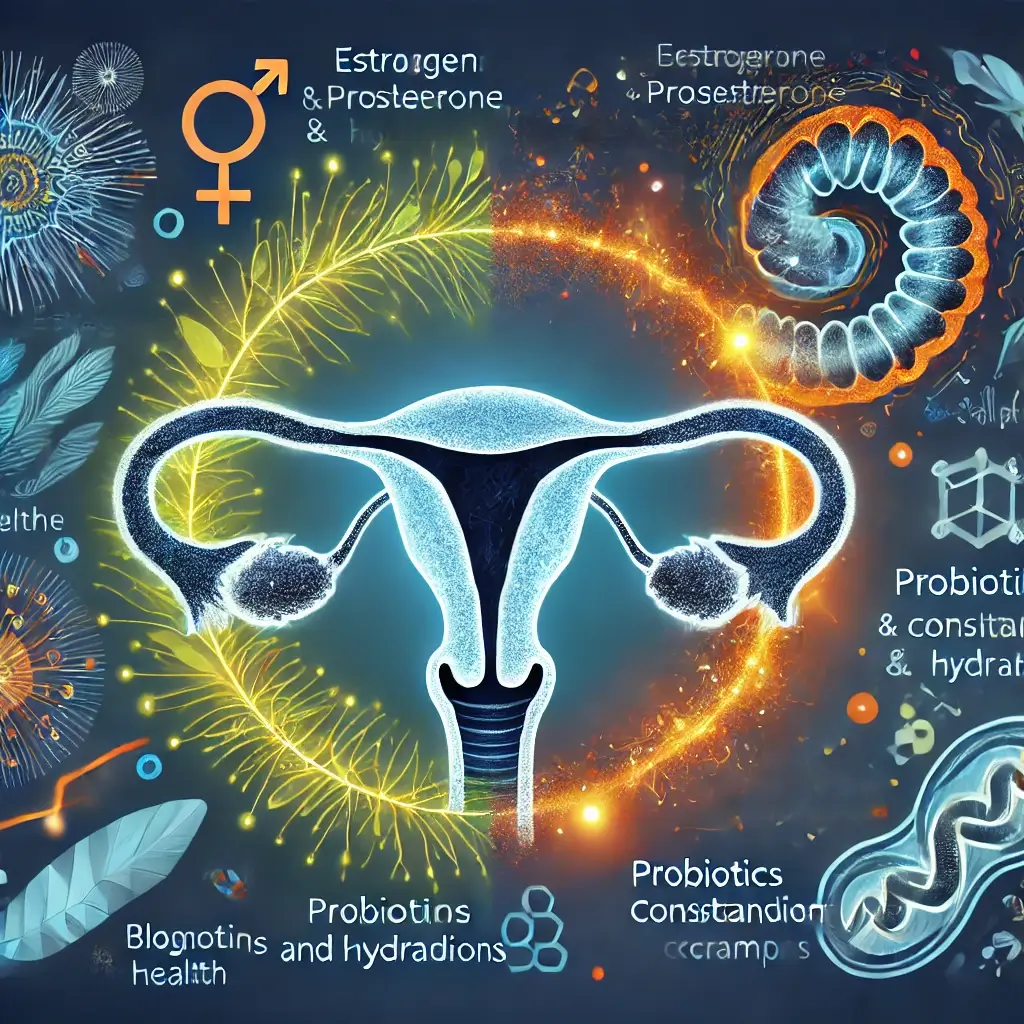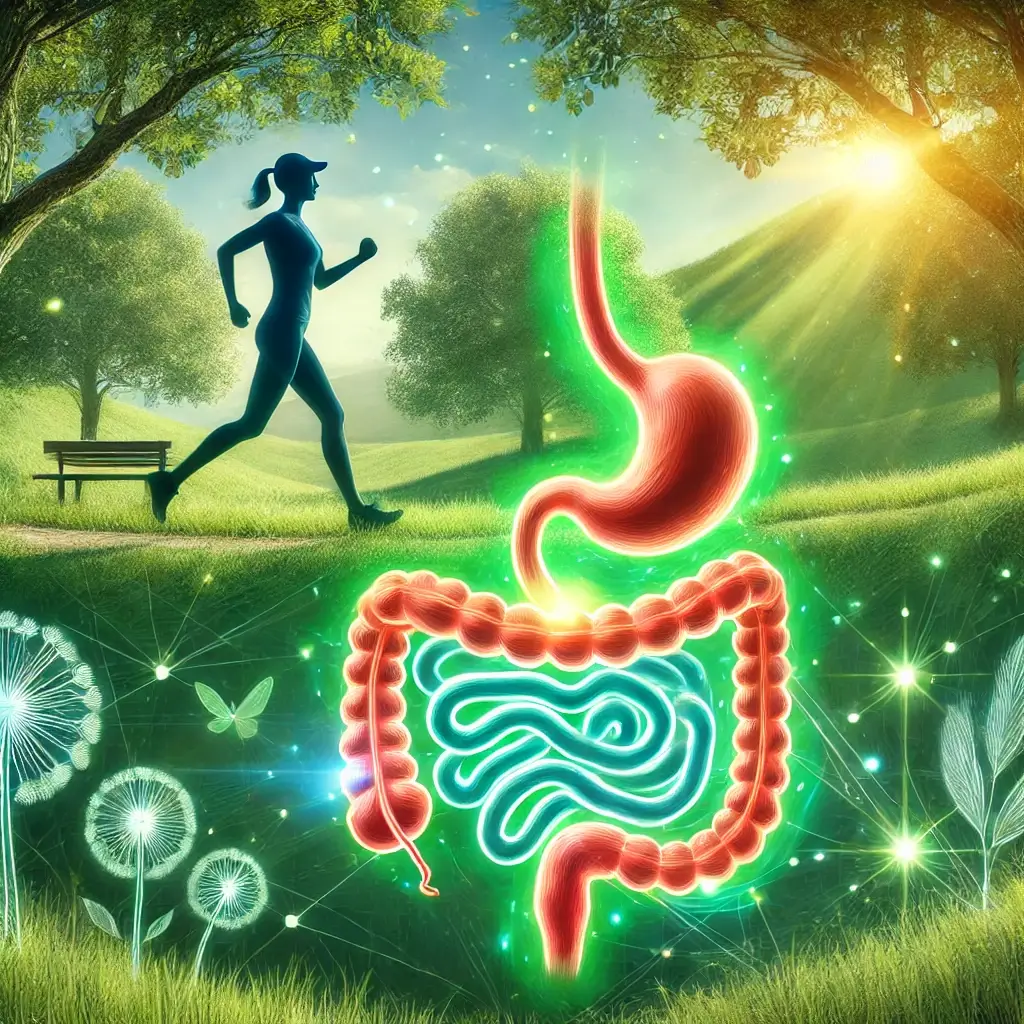Science Reveals: Why Your Digestive Health Could Be the Key to Better Mental Health
Understanding the Gut-Brain Connection
Mental health and gut health might seem unrelated at first glance, but mounting research has uncovered a powerful link between the two. This connection, known as the gut-brain axis, highlights how the gut microbiome ecosystem—an ecosystem of trillions of microorganisms—communicates with the brain to influence emotions, stress responses, and overall mental well-being.
The Role of Neurotransmitters and Mental Health
The gut produces many of the body’s neurotransmitters production in gut, including serotonin, which regulates mood and sleep. An imbalance in gut bacteria can disrupt this process, leading to heightened stress, anxiety, and even depression. Recent studies have demonstrated that improving gut health through dietary changes, probiotics, and stress management can significantly enhance mental health outcomes.
Understanding the Gut-Brain Axis
The gut-brain axis is a bidirectional communication system linking the gut and the central nervous system. This connection involves neural pathways and immune signaling, and microbial metabolites. A 2015 study published in Translational Psychiatry demonstrated that changes in gut microbiota composition influence baseline stress responses and mood regulation.
The Importance of Serotonin Production
Serotonin, often called the “feel-good” hormone, plays a vital role in mood regulation. About 90% of body’s serotonin production is produced in the gut. Beneficial gut bacteria strains, such as Lactobacillus and Bifidobacterium, are involved in serotonin synthesis. A disrupted microbiome affecting serotonin can reduce serotonin production, contributing to feelings of sadness or irritability.
The Impact of Stress on Gut Health
Chronic stress can lead to gut dysbiosis condition, a condition where harmful bacteria outnumber beneficial ones. This imbalance exacerbates the release of inflammatory markers, which can negatively affect the brain. Research from Nature Reviews Immunology (2020) highlights how inflammation from poor gut health may contribute to cognitive decline and mood disorders.
The Benefits of Probiotics for Mental Health
Probiotic supplements for anxiety and depression have shown promise in alleviating symptoms of anxiety and depression. Strains such as Lactobacillus rhamnosus and Bifidobacterium longum benefits have been studied for their effects on reducing cortisol levels and improving emotional resilience. A review in Cell Host & Microbe (2018) noted that probiotics could modulate gut microbiota for mental health.
Supporting Mental Health Through Gut Care
Improving your gut health can have a profound effect on your mental well-being. Consider these practical steps:
- Probiotic-rich foods for gut balance: Yogurt, kefir, and fermented vegetables like kimchi and sauerkraut contain beneficial bacteria that support gut balance.
- Prebiotic foods for beneficial bacteria: Foods such as garlic, onions, bananas, and asparagus nourish beneficial gut bacteria and promote their growth.
- Stress management for gut microbiota: Chronic stress disrupts gut microbiota. Engage in mindfulness practices, yoga, or regular exercise to lower stress levels.
- Processed foods affecting gut bacteria: Diets high in refined sugars and processed ingredients can harm beneficial bacteria, reducing serotonin production.
- Probiotic supplements for gut-brain health: If dietary sources are insufficient, supplements with strains like Lactobacillus and Bifidobacterium can support gut-brain communication.
Concluding Thoughts on the Gut-Brain Connection
The gut-brain axis is a fascinating and essential link between gut health and mental well-being. By nurturing a diverse and balanced microbiome for mental health, you can positively impact your mood, resilience to stress, and overall mental health. Simple dietary changes for gut health, stress management techniques, and targeted supplementation can go a long way in fostering a healthy gut environment.
Future Implications and Research
As research continues to unravel the complexities of gut-brain connection, one thing remains clear: taking care of your gut is not just a strategy for physical health but also a powerful tool for mental clarity and emotional stability. The path to a healthier mind may indeed begin in the gut.
References
Chow, J., et al. (2018). Host–bacterial symbiosis in health and disease. Cell Host & Microbe, 24(4), 470–484. https://www.sciencedirect.com/science/article/pii/B9780128215739000151
Thursby, E., & Ley, R. E. (2020). Gut microbiota colonization, maturation, and stability during the first 1000 days of life. Nature Reviews Immunology, 20(8), 410–422. https://www.nature.com/articles/s41586-024-07754-w
Foster, J. A., et al. (2015). Gut microbiota composition of closed and open access cohorts influences baseline symptom severity and treatment response in anxiety disorders. Translational Psychiatry, 5(e709). https://www.nature.com/collections/gjdhfgjiid













